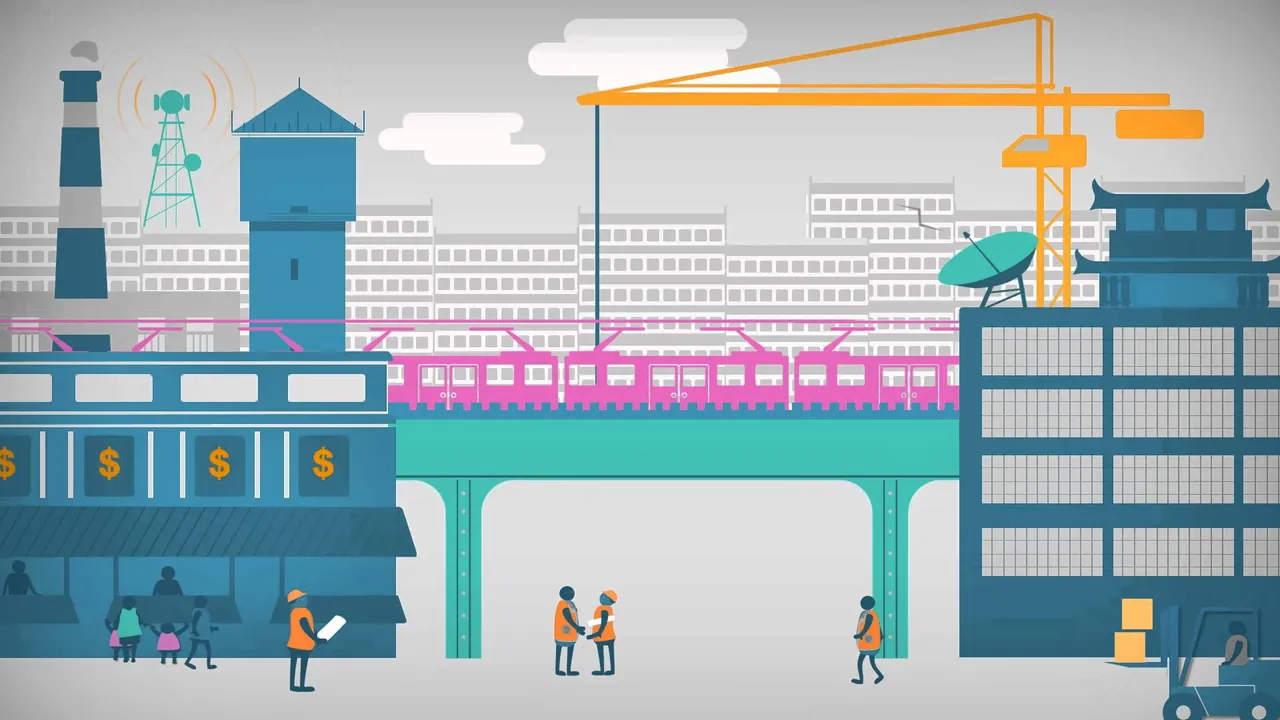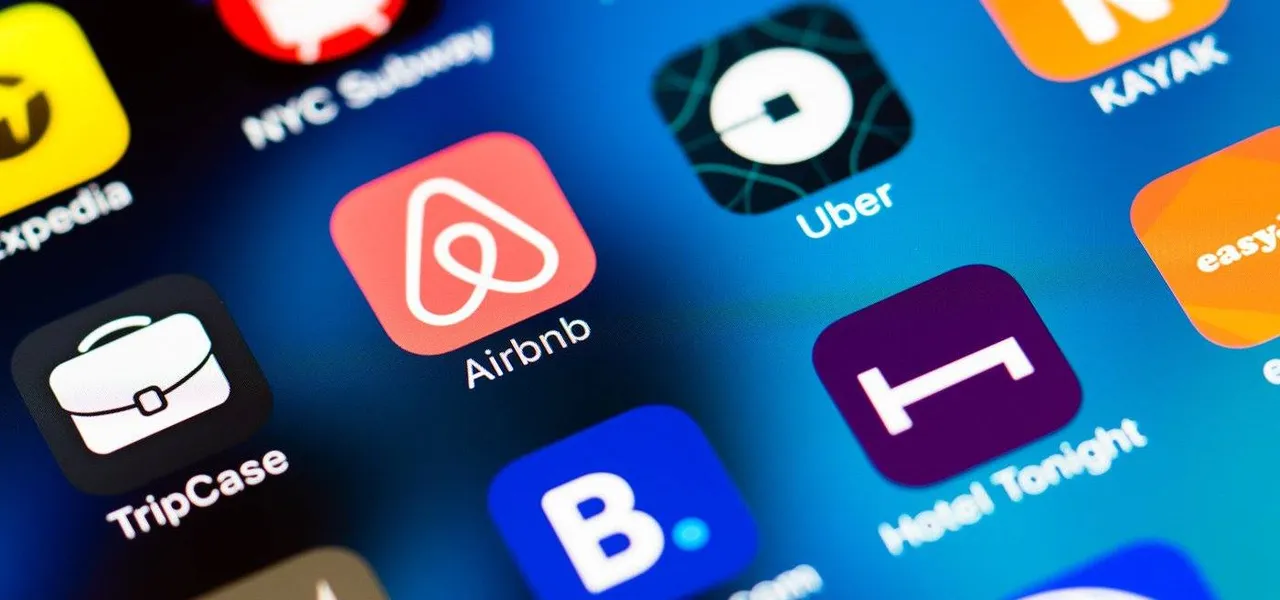
Socioeconomic:
Field of study that examines social and economic factors to better understand how the combination of both influences something. "Catherine studied the socioeconomic issues facing the community that she grew up in."
Source
Source of the photo, screenshooted from the video:
In recent years, possessing material assets in the form of assets was a middle class indicator. Those who had more money could possess more, thus increasing their capital in process. However, with the reduction in the cost of production, the barriers to mastering things have gradually diminished. In spite of this, today middle-class people are being attached to the trend of not possessing things day by day. This is due to a more "minimalist" movement of consumers thus creating the concept of "sharing economy". And this is the new socio-economic model - "the sharing economy".
The economy of participation (common) is the new term, a socio-economic ecosystem, built on the idea of joint use of human, physical and intellectual resources. The scope of this concept involves the creation, production, marketing and consumption of goods and services by people and organizations. While such a term is in the early stages of development, basically known as a series of services and start-up companies that enable P2P (people to people) exchanges through technology, a research conducted by Washington University at St. Louis finds that such an economy is good news for the producers themselves.

Now, consumers have the possibility of a common exploitation of services and products such as Uber and Airbnb, a usage that defines a new organization of an economic activity that can replace the trandicional corporate model.
For example, suppose you use the bus to work during weekdays, while on weekends you should use the car for recreational activities. With the application of a common economy, you can buy the car, and despite its non-use over the days of the week, you can rent it, and in the process you can earn some money. This kind of logic adds people's interest in buying new, better cars, thus offering higher prices for their services.
However, not many companies are in favor of this idea. They are reluctant to cooperate on creating an environment for joint exploitation because such use would prevent the permanent purchase of such products or services. They stand behind the idea that most brands today are created as individualized, surrounded by high competition walls that do not easily embody the idea of co-operation. Another concern is the non-identification of users of these platforms as employees but only as independent contractors as in Uber's case (a convenient and cheap taxi service involving private drivers).
It is clear that for successful penetration in such a market, new companies need a road map to navigate more easily within industries where there is already a new market model that is expected to be discovered on time . One thing is for sure, these companies need to open and embrace new and changing models of cooperation, be they C2C, B2C or even B2B, which require profound insights into the consumer's mentality and that of market competition .
Consumer to Consumer (C2C); Business to Consumer (B2C); Business to Business (B2B
Enis Shkurti | Team Manager
Email : enisshkurti@fundition.io

Join a community with heart based giving at its core







